Traveler Essentials and Do's & Don'ts in Giza
Introduction

Giza, home of the iconic pyramids and the Sphinx, offers a captivating blend of ancient history and modern vibrancy. From exploring the Great Pyramid to enjoying the panoramic views from the Giza Plateau, this city promises a memorable experience for all travelers.
Language and Communication

In Giza, the primary language spoken is Arabic. While many people in tourist areas speak English, learning a few essential phrases can be helpful:
- Hello: "Marhaba" (مرحبا)
- Thank You: "Shukran" (شكرا)
- Yes: "Naam" (نعم)
- No: "La" (لا)
For communication, you might find apps like Google Translate and Duolingo handy.
Currency and Financial Tips
The local currency is the Egyptian Pound (EGP). It's recommended to exchange currency at official exchange bureaus or banks for the best rates.
- Typical Costs:
- Street food: 15-30 EGP
- Taxi ride: 20-50 EGP
- Payment Preferences:
- Cash is preferred in markets and smaller establishments.
- Credit cards are accepted in most hotels and upscale restaurants.
- Mobile payments are slowly gaining popularity.
Weather & What to Wear
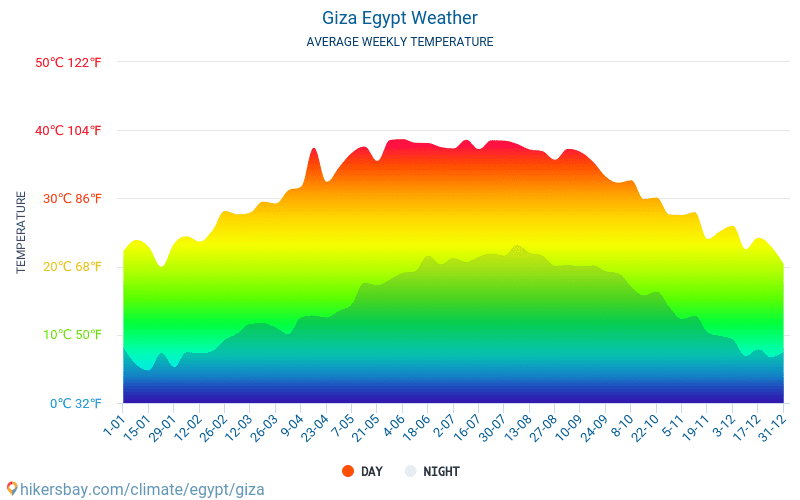
Giza experiences a desert climate: - Summer (June-August): Hot and dry. Wear light, breathable clothing and a hat. - Winter (December-February): Mild with cool evenings. Pack a jacket or sweater.
Comfortable walking shoes are essential for exploring archaeological sites.
Charging & Electronic Adapters

In Giza, the power sockets are of type C and F, with a standard voltage of 220V. An adapter is necessary if your devices use different plug types.
Health Considerations
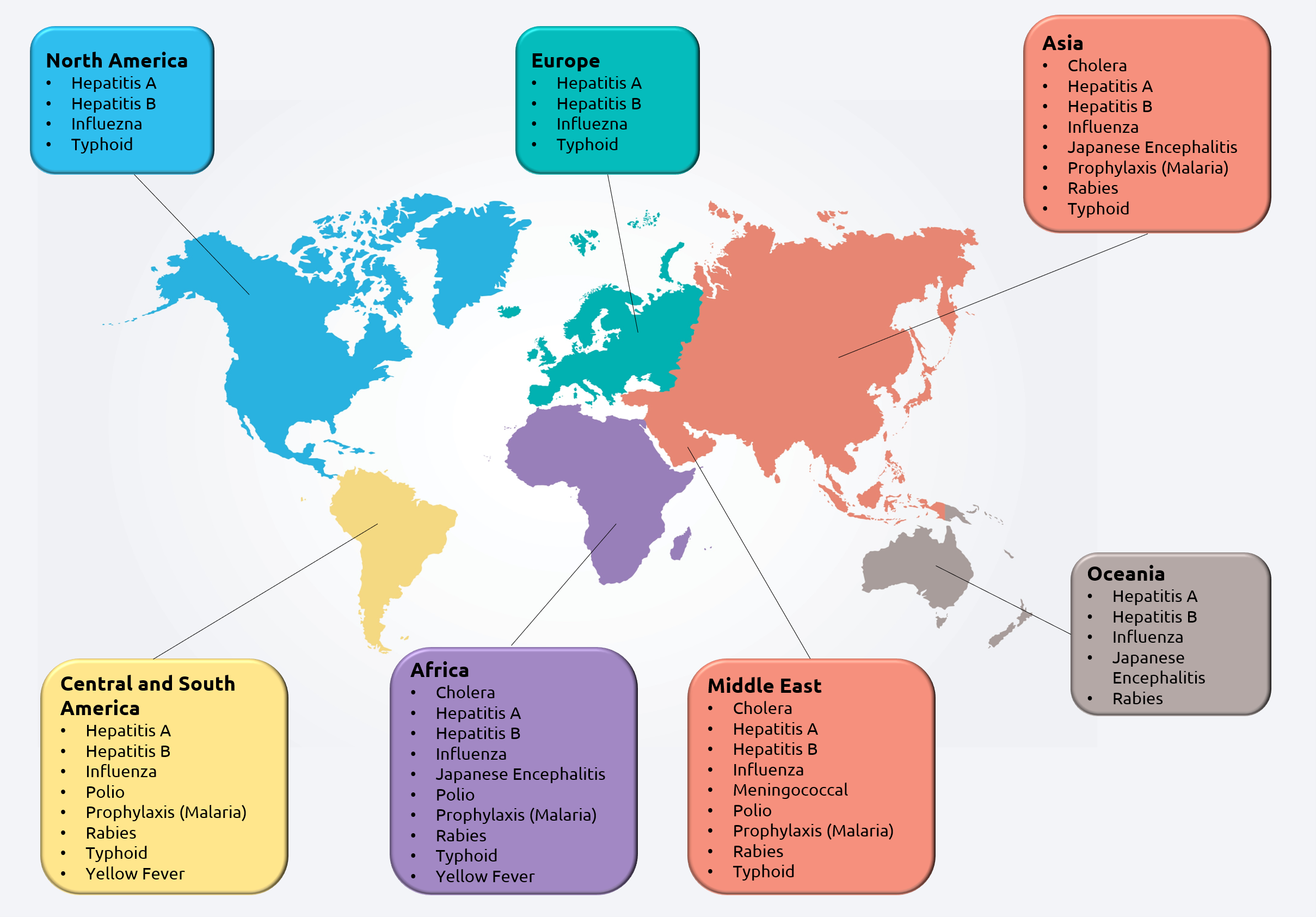
Travelers should ensure their routine vaccinations are up-to-date. It's also advisable to get vaccinated for Hepatitis A and Typhoid.
For medical assistance, Al Salam International Hospital is a well-known facility in Giza.
Safety Tips
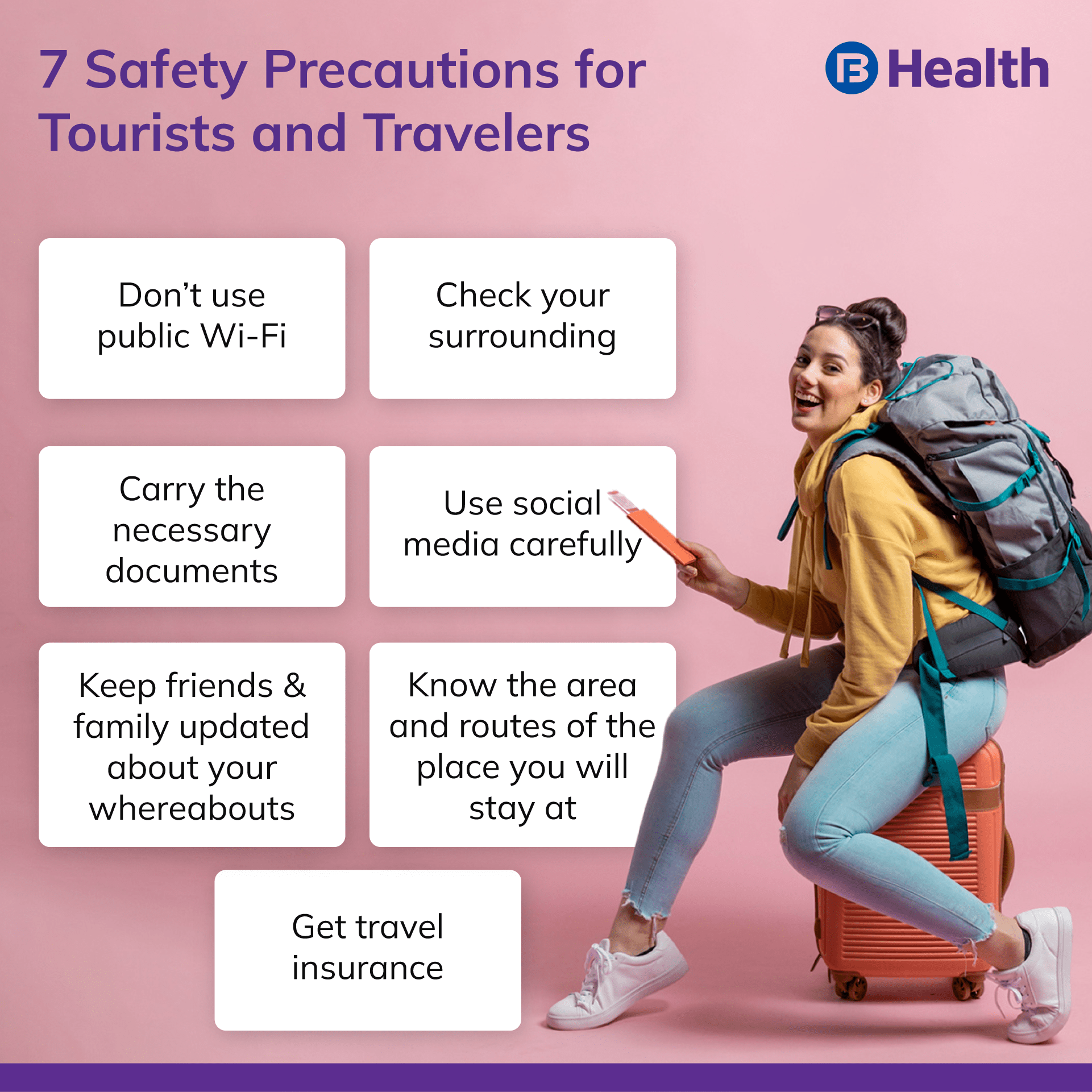
Giza is generally safe, but travelers should take standard precautions: - Avoid carrying large sums of cash. - Be cautious of pickpockets in crowded areas. - Use reputable taxi services.
Transportation
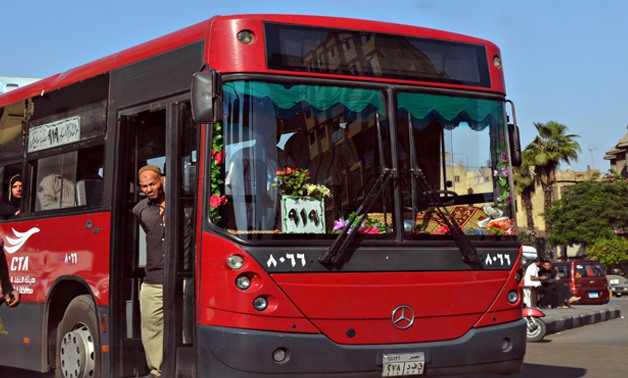
Getting around Giza is convenient with various options: - Buses and minibuses are affordable but often crowded. - Taxis are widely available; agree on the fare before starting your ride. - Ride-sharing services like Uber and local apps such as Careem are reliable.
Tipping Culture

Tipping, or "baksheesh," is customary in Giza: - Restaurants: 10-15% of the bill. - Hotels: 10 EGP per bag for porters, 10-20 EGP per day for housekeeping. - Taxis: Round up the fare.
Social Etiquette
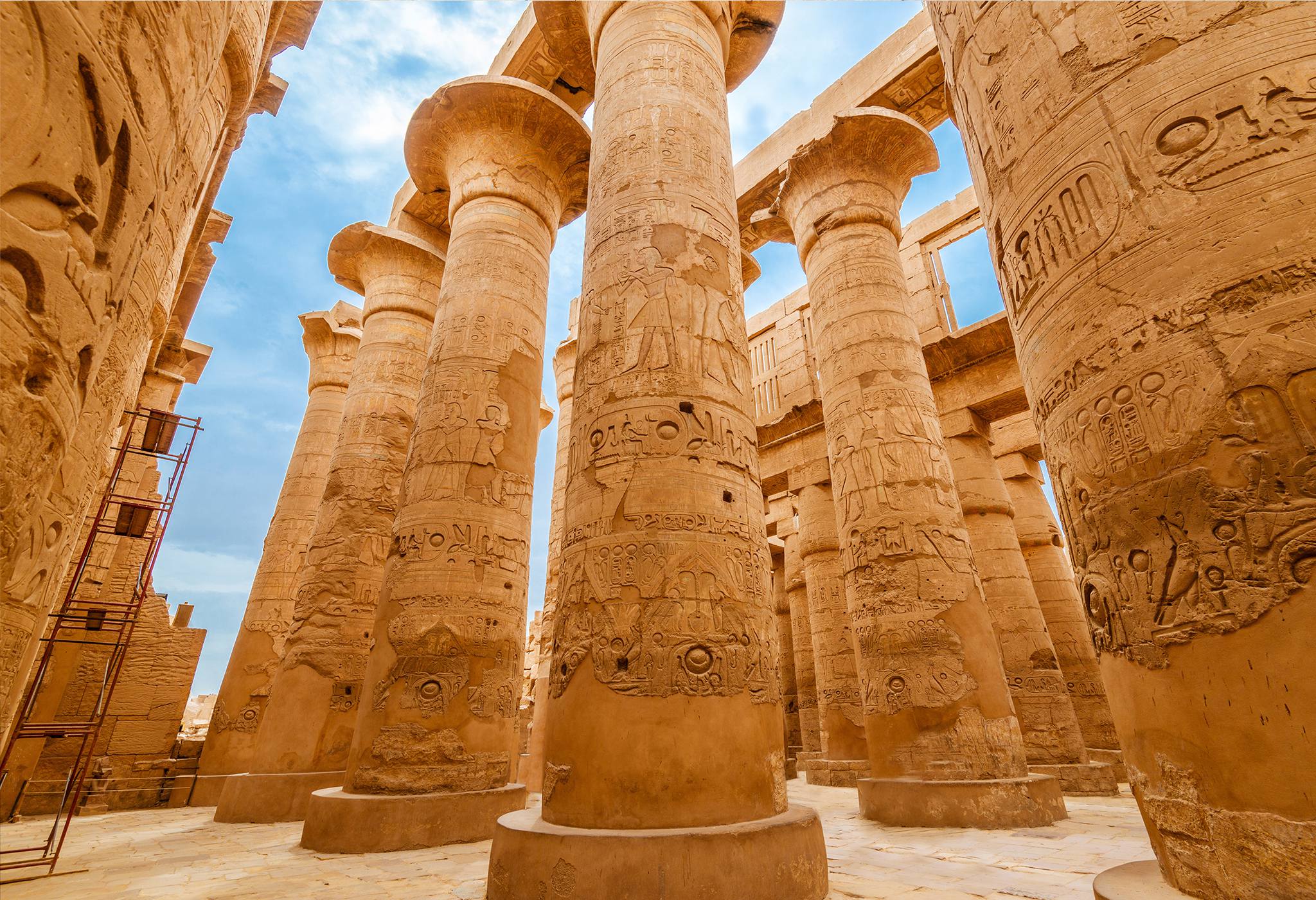
To avoid cultural faux pas, observe the following etiquettes: - Dress modestly when visiting religious sites. - Use your right hand for eating and greeting. - Public displays of affection are considered inappropriate.
Understanding these local customs can enhance your experience and show respect for the culture.
Conclusion
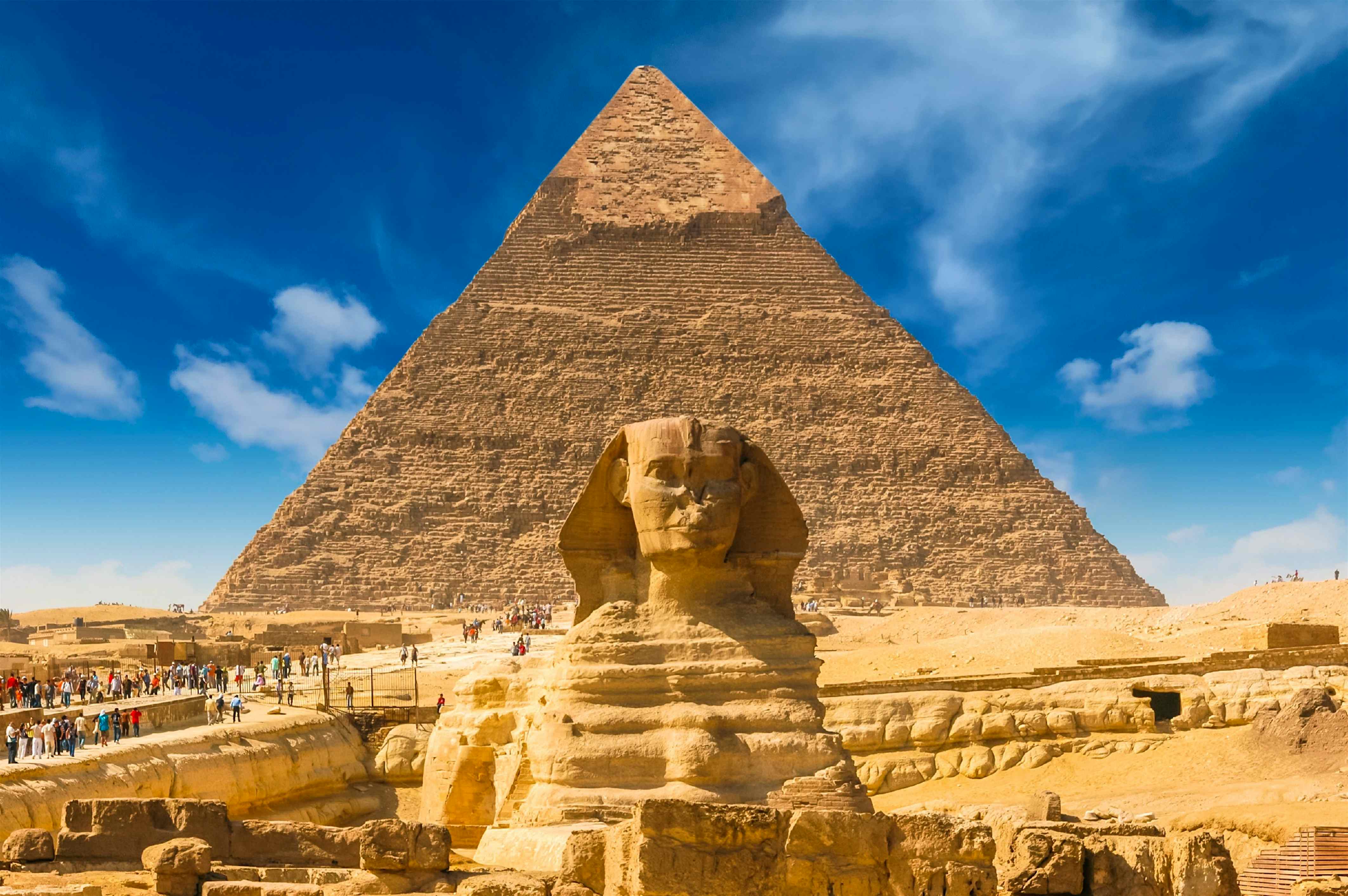
Giza is a city rich in history and culture. By respecting local customs and staying informed, you can have a safe and enjoyable visit. Remember to check for the latest travel advisories and health tips before your trip. Enjoy your journey through the wonders of Giza!

